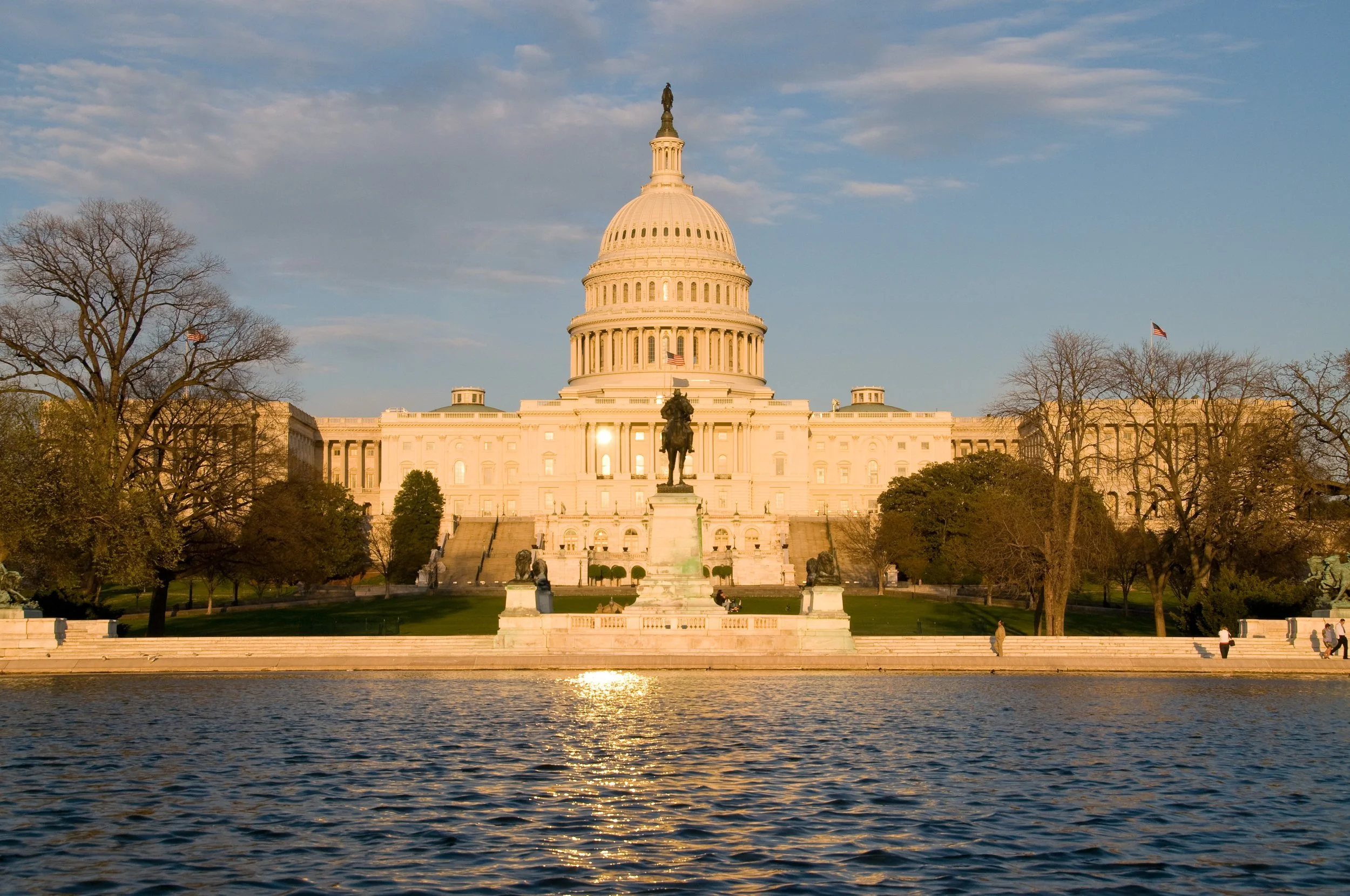As the House, Senate, and White House prepare to negotiate the next and likely final COVID-19 supplemental funding package, we have an important message for them - they cannot ignore the needs of survivors of sexual assault and domestic violence!
Congress has provided trillions of dollars in supplemental funding to respond to the COVID-19 emergency, but they have provided NOTHING for survivors of sexual assault, for community-based culturally-specific organizations serving survivors in Communities of Color who are disproportionately impacted by COVID-19, or for tribal victim service programs. They have provided some, but insufficient, funding for mainstream domestic violence organizations. This is despite knowing that COVID-19 has caused an increase in interpersonal violence!
Survivors, and the advocates that serve them, NEED YOUR HELP! We can’t let Congress fail survivors a 4th time. It’s time to flood Congress with phone calls, fill Members of Congress’s email inboxes, and blanket local newspapers with op-eds and letters to the editor. Social media posts are also useful, but since everyone else is also Tweeting, it is hard to break through, so please both tweet AND pick up the phone.
A toolkit with call scripts, op-ed and letter to the editor templates, sample emails, survivor and advocate stories, and social media content HERE.
Contact your Members of Congress - more than once, if you can! You can find your Senators’ contact information HERE and your Representative’s contact information HERE. Try calling district offices as well as DC offices.
Tell your Members of Congress that the next supplemental funding package MUST:
Prevent drastic cuts to victim services funding that would compromise programs’ ability to meet the increased need caused by COVID-19 by increasing deposits into the Crime Victims Fund and by temporarily waiving match requirements for Victims of Crime Act victim assistance grants.
Provide dedicated funding for culturally-specific organizations that provide domestic violence and sexual assault services through both the Division of Family Violence Prevention and Services in the Administration on Children, Youth, and Families and the Office on Violence Against Women;
Address the needs of survivors by funding sexual assault services;
Fund Tribal governments to provide domestic violence and sexual assault services;
Provide more funding for domestic and sexual violence programs through a VAWA formula grant directly to victim service programs;
Ensure that access to safety for immigrant survivors is not compromised by ensuring access to health and economic supports, as well as by restricting immigration enforcement at sensitive locations like courts and hospitals and by prohibiting the detention or deportation of survivors with pending immigration applications; and
Allow states to make survivors eligible for unemployment insurance if they leave their jobs due to domestic or sexual violence.
Thank you for your advocacy - it makes all the difference!
For more information, please contact Rachel Graber (rgraber@ncadv.org), Dorian Karp (dkarp@jwi.org), and Monica McLaughlin (mmclaughlin@nnedv.org).
